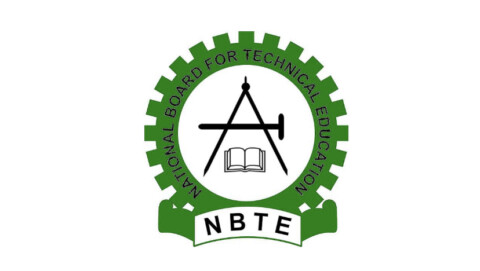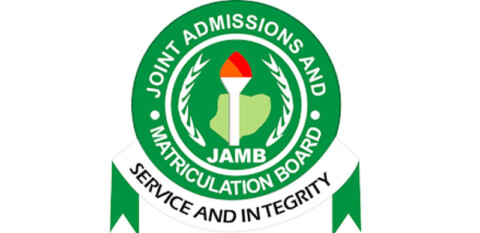Nigeria is on the verge of securing a $500 million loan from the World Bank to address critical challenges in the country’s education and health sectors. This funding is part of the Nigeria Human Capital Opportunities for Prosperity and Equity (HOPE) Governance Program, aimed at tackling staffing shortages and enhancing the performance management of essential workers in these sectors.
According to a recent “Program Information Document” at the appraisal stage of the HOPE Governance Program, the loan is expected to be approved by the World Bank in September 2024. The program is designed to address long-standing gaps in the staffing and management of basic education teachers and primary healthcare workers, which have significantly impacted the quality of services in Nigeria.
The document outlines that a key strategy of the program is using National Identification Numbers (NIN) and Bank Verification Numbers (BVN) to prevent payroll fraud. By implementing these systems, the government aims to improve workforce management and ensure resources are used more efficiently where they are most needed.
The program will also introduce biometric check-ins, community monitoring, performance bonuses, and automatic payroll deductions. These measures are designed to streamline operations, reduce inefficiencies, and ensure that funds are effectively used to improve services in the education and health sectors.
With this loan, Nigeria aims to significantly improve the quality of education and healthcare across the country, contributing to the overall well-being and prosperity of its citizens.





